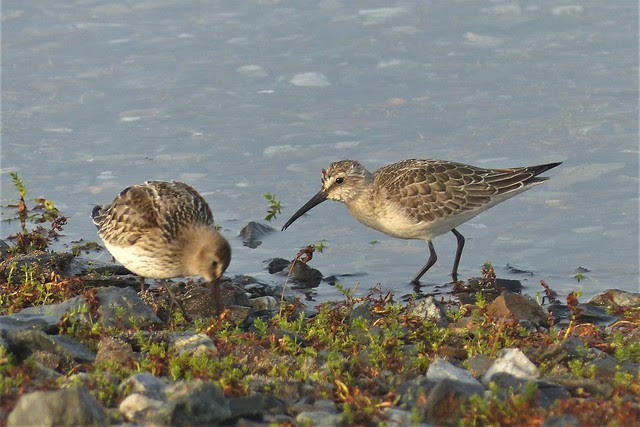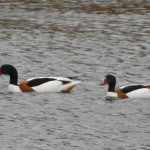Neonicotinoids
Neonicotinoids still present in farmland birds despite the ban
Neonicotinoids (commonly shortened to neonics) are a class of neuro-active insecticides, chemically similar to nicotine, developed in the 1980s. They are the most widely used insecticides worldwide and are considered to be of low risk to non-target organisms such as vertebrates. Further, they are reported to be rapidly excreted and metabolized, reducing their potential toxicity. There has long been concern that they are a contributing factor in the decline of bee colonies; but growing evidence of adverse effects on farmland bird species raises questions about the purported harmless nature of these … Read more


